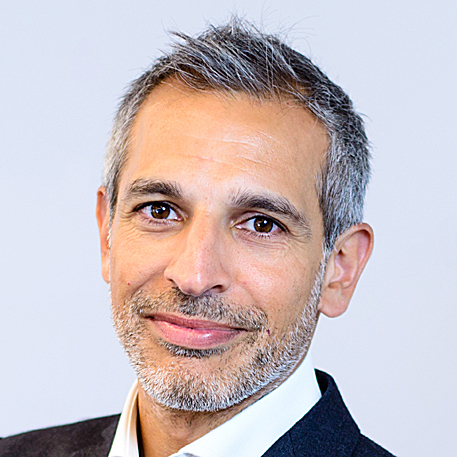As lockdown restrictions begin to lift, fitness businesses are focusing on navigating the new (socially distanced) landscape and getting a better idea of the impact the pandemic is having on their business model and longer-term financing requirements.
Some will not survive and some will not reopen. However, this will allow other operators space to grow and develop in a market that’s less crowded compared to the pre-COVID landscape.
In terms of sources of finance, operators will need to look for suitable sources of funding that fit their business model – one realistic target for raising capital will be the private equity and private capital community.
While some investment activity is on hold at present, history suggests that following a crisis there is a flight of capital towards private companies. If you add to this the fact that pre-COVID there were many private equity funds sitting on significant amounts of uninvested capital and that – historically – their best returns have been made when investing in the aftermath of a crisis, many private equity investors will be keen to return to the market and deploy capital as soon as possible.
In terms of timing, however, we are unlikely to see much private equity investment before Q4 of this year. Valuations are too uncertain and few investors would be prepared to hand over their cash without having met the management in the flesh.
Although we’re hearing about some deals which have been completed over Zoom, for the majority of investors, this isn’t a substitute for meeting face to face when it comes to the private equity investment world.
This will be challenging news for businesses that are experiencing a cash squeeze, as rent and other payments become payable and the furlough scheme is wound down, however, it does allow those that are better capitalised the luxury of time to plan and position the business for investment.
Get ready for investment
Now is the time to prepare – take a long, hard and dispassionate look at all aspects of your operation. Innovate, improve digital activity and overhaul your strategy, looking ahead three to four years. Do everything you can to position your business as best-in-class.
If a business in the fitness sector makes it through to Q4 this year, it will have done everything it can to reduce costs, manage its cash and ride out the storm. However, in order to raise equity funding, you’ll need to create a credible, sustainable plan for growth, including an information memorandum setting out details of the business, as well as the ways you plan to achieve growth (expanding the digital offering, franchising, licensing, acquisitions and/or opening new sites, for example). You’ll also need financial projections and legal and financial due diligence materials.
Investors will expect a detailed summary of the impact of COVID-19 on the business. Counterintuitively, this is a great opportunity to showcase investability, the strength of the management team, resilience to shock and the ability to adapt, evolve and survive. These are essential components investors look for.
The COVID report should address:
Any immediate action you took to protect the business (eg. rent deals, furlough, adaptive working programmes for staff, VAT, PAYE, business rate deferrals, applications for CBILs, etc.).
How you adjusted your business model and working practices. This may still be evolving, but should be clear by the time you fundraise.
Preparedness for a second lockdown and ability to withstand further shocks.
Customer retention rates after reopening.
Another key consideration will be the need to be realistic about the value of the business now. ‘Top of the market’, full valuation deals, with shareholders selling out completely, are unlikely to be seen for a while. However, less aggressive deal structures that offer investors some form of downside-protection and an element of shared risk will be most common.
This may look unattractive on paper, but if it’s the price to be paid for securing funding to scale up and grow – and to build a war chest that allows the business to thrive and outperform competitors – it may prove to be a wise decision three to four years down the line.
Consolidating the boutique sector
For those in the boutique sector, equity funding could now drive some of the much-predicted consolidation in the sector. There are close to 300 studios and boutique gyms in London alone and the cash constraints caused by COVID-19 will be having an impact.
The logic of bringing a number of boutique brands under one platform, offering best-in-class activity to the same customers, as well as avoiding the margin erosion of ClassPass, may be unstoppable.
Boutiques that emerge from the crisis will find that a strong brand, a compelling online presence, customer loyalty, a robust financial model and a strong management team will all make them attractive to investors, as platforms from which competitors are acquired and roll-outs are executed.
The challenge for boutiques will be to try to be the ones that drive the consolidation rather than being subsumed by it.
























































